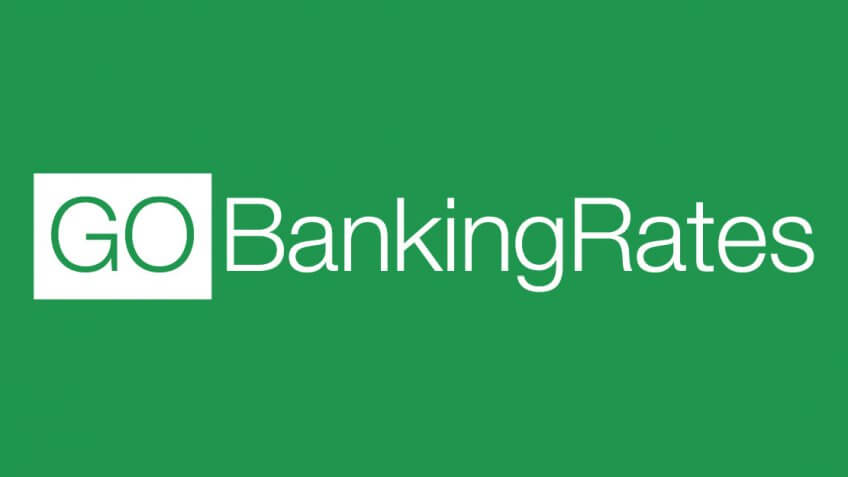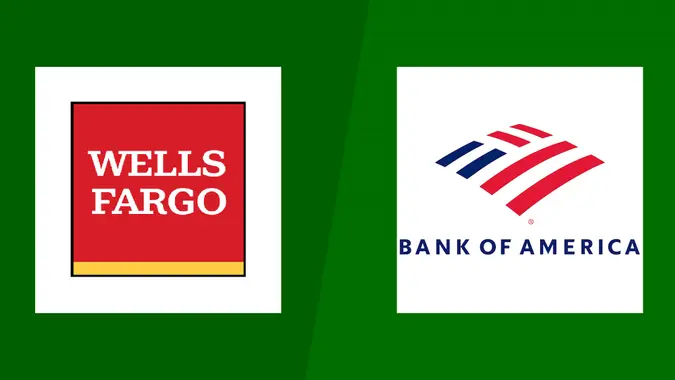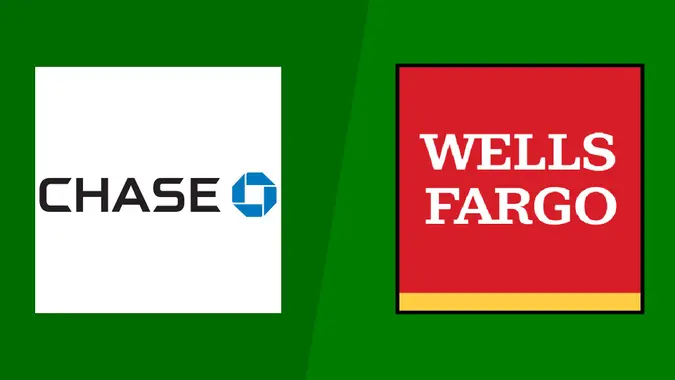Suffering from Financial Stress? Here Are 5 Ways Bank Services Can Help

Commitment to Our Readers
GOBankingRates' editorial team is committed to bringing you unbiased reviews and information. We use data-driven methodologies to evaluate financial products and services - our reviews and ratings are not influenced by advertisers. You can read more about our editorial guidelines and our products and services review methodology.

20 Years
Helping You Live Richer

Reviewed
by Experts

Trusted by
Millions of Readers
Let’s face it: money makes most people anxious. Not saving enough for retirement, having too much debt, and plain ol’ lack of education are enough to keep anyone up at night. So what should you do if financial stress has reached a fever pitch? Believe it or not, there’s one institution fully equipped to assist: your bank.
GOBankingRates spoke with the Head of Retail Banking at Umpqua Bank, Dave Hansen; Zeni CEO, Swapnil Shinde; and Senior Vice President and Chief Retail Officer at Finanta Credit Union, Jonathan Encarnacion, to learn the five services banks can provide to help eliminate financial stress.
Personalized Support
If individuals bank at a midsize or regional bank, they could have access to personalized, relationship-focused support.
“Individuals and business owners can sit down with bankers to review their goals, look at their complete financial picture, and set up plans to help them accomplish these goals,” said Hansen, who described his bankers as client-centric “quarterbacks” who coordinate with experts from various areas of their organization like trust, estate and insurance agents. This specialized counsel ensures clients feel understood, less alone and better equipped for financial success.
Financial Education
The U.S. financial system is complicated and, as Encarnacion stated, knowledge is power. This is why many financial institutions provide some form of financial education to explain how the heck everything works. This could include digital resources or formal classes.
“[Some offer] a four-week financial education course that focuses on building budgets, understanding credit, and learning how to save for and secure a loan for a new car or home,” said Encarnacion. “Knowing what to look for when applying for an auto loan or a home mortgage can help you avoid predatory lenders who care more about keeping you in debt.”
Education can go a long way in building confidence and eliminating your anxiety.
Fraud Protection
If fears of scams and identity theft are plaguing you, know that most banks are engaging in proactive measures to protect against or respond to fraud. These measures may include advanced software (like The Effective Warnings Toolkit), IT-OT collaboration, and regulatory preparedness.
Hansen also advocated for consumer vigilance, explaining banks are ready and willing to work with clients in the event of suspicious activity: “Report any unauthorized transactions immediately to their bank, which can help minimize further risks and increase the likelihood of recovering any losses.”
Low-Interest Credit Options and Emergency Loans
Scared a sudden medical expense or natural disaster could forever put you in the poor house? “Offering low-interest credit facilities like personal loans … may enable customers to access credit in an emergency without turning to high-interest credit cards or payday loans,” said Shinde.
And the option of flexible payments and lower charges certainly reduces stress in the event of a financial crisis. What’s more, credit counseling services offered by some banks proactively contact consumers before a debt crisis to help them clear their debts.
Year-End Financial Checkup
Similar to an annual physical, a year-end checkup can help consumers better understand their financial circumstances, organize their finances, and plan accordingly for the year to come. Hansen explained that many banks offer these year-end wellness checks to review savings, debts, and estate plans.
This can provide a full financial picture in determining what clients may want to fix or do differently. Not only does this annual checkup increase accountability, but it helps clients to increase motivation and track progress toward their goals.
 Written by
Written by  Edited by
Edited by 























